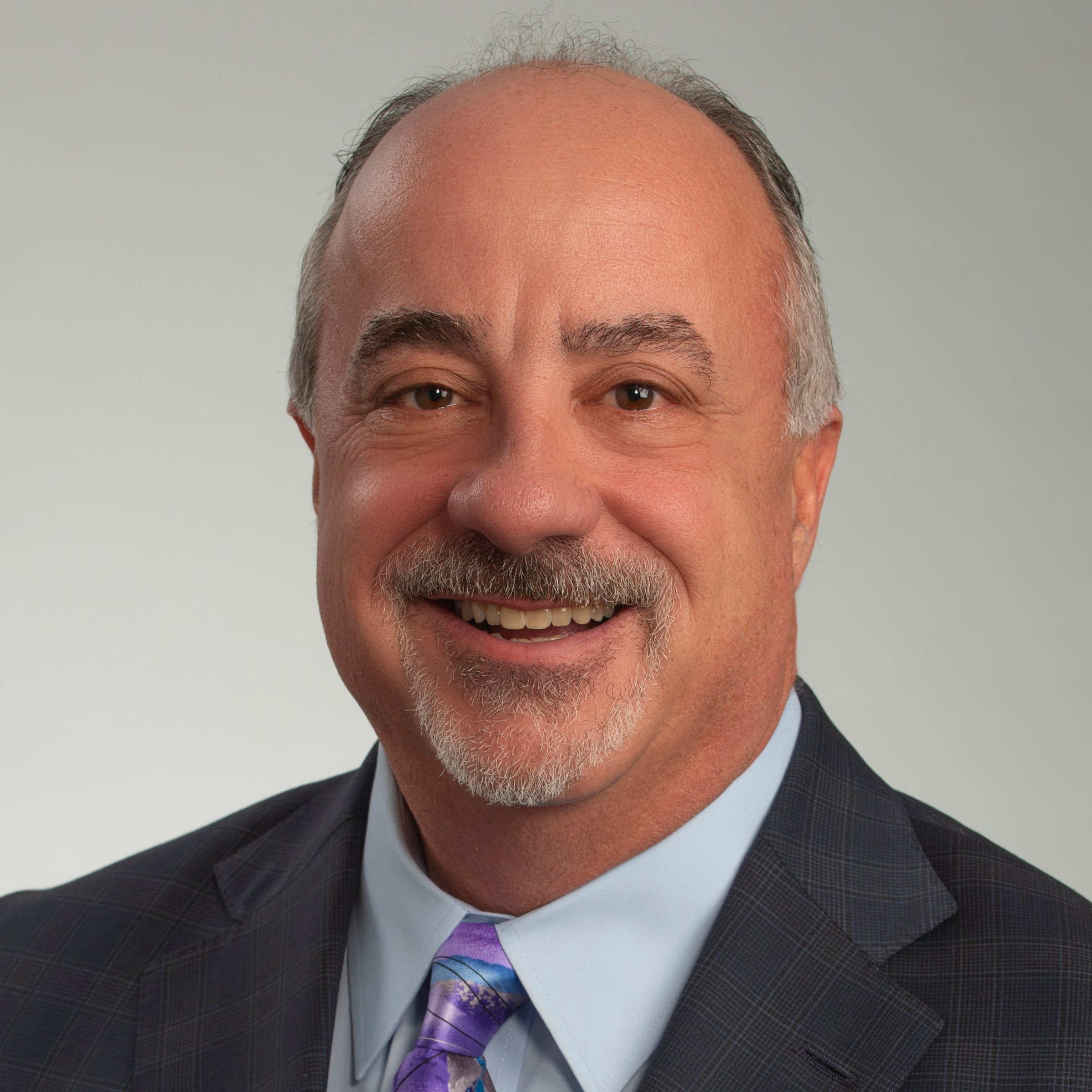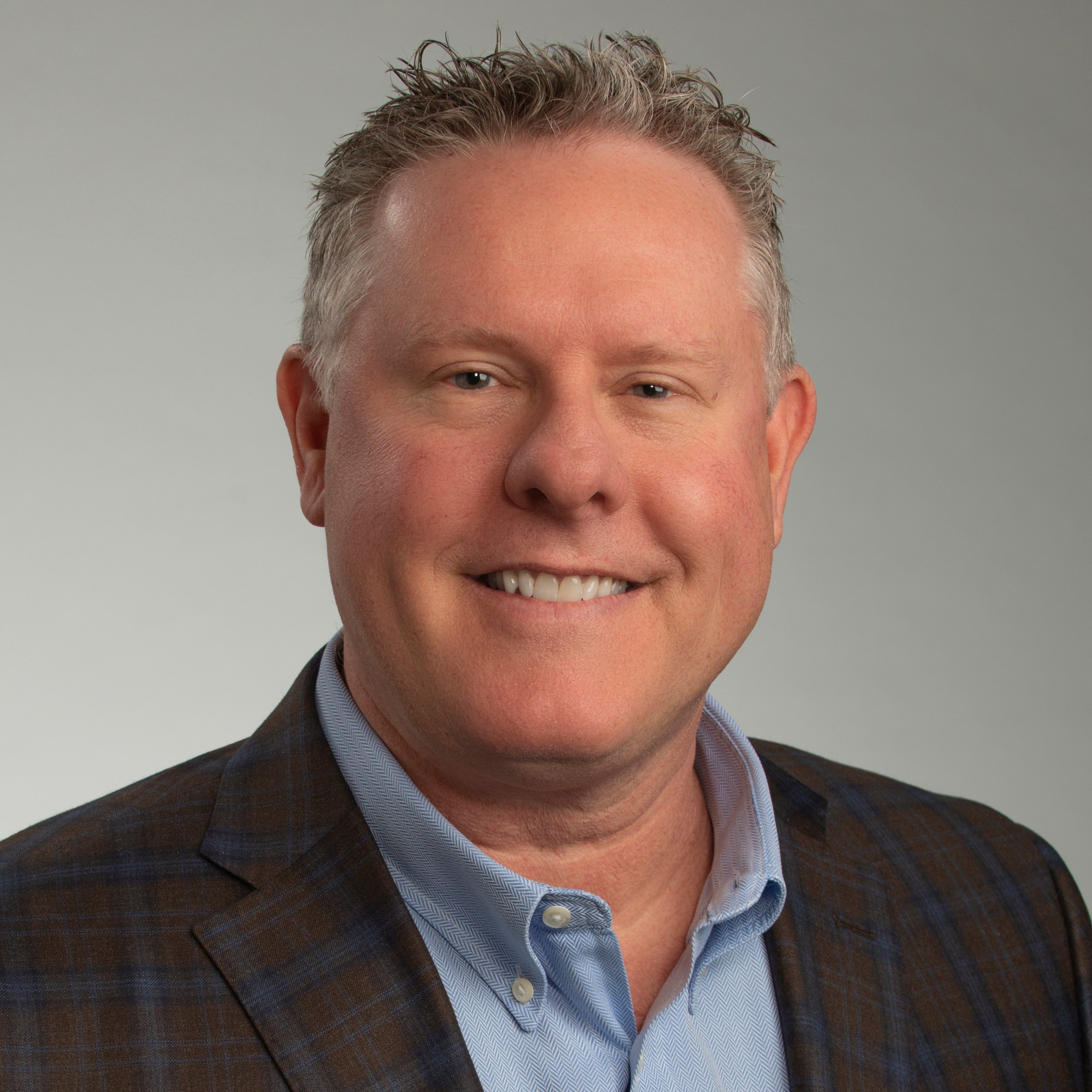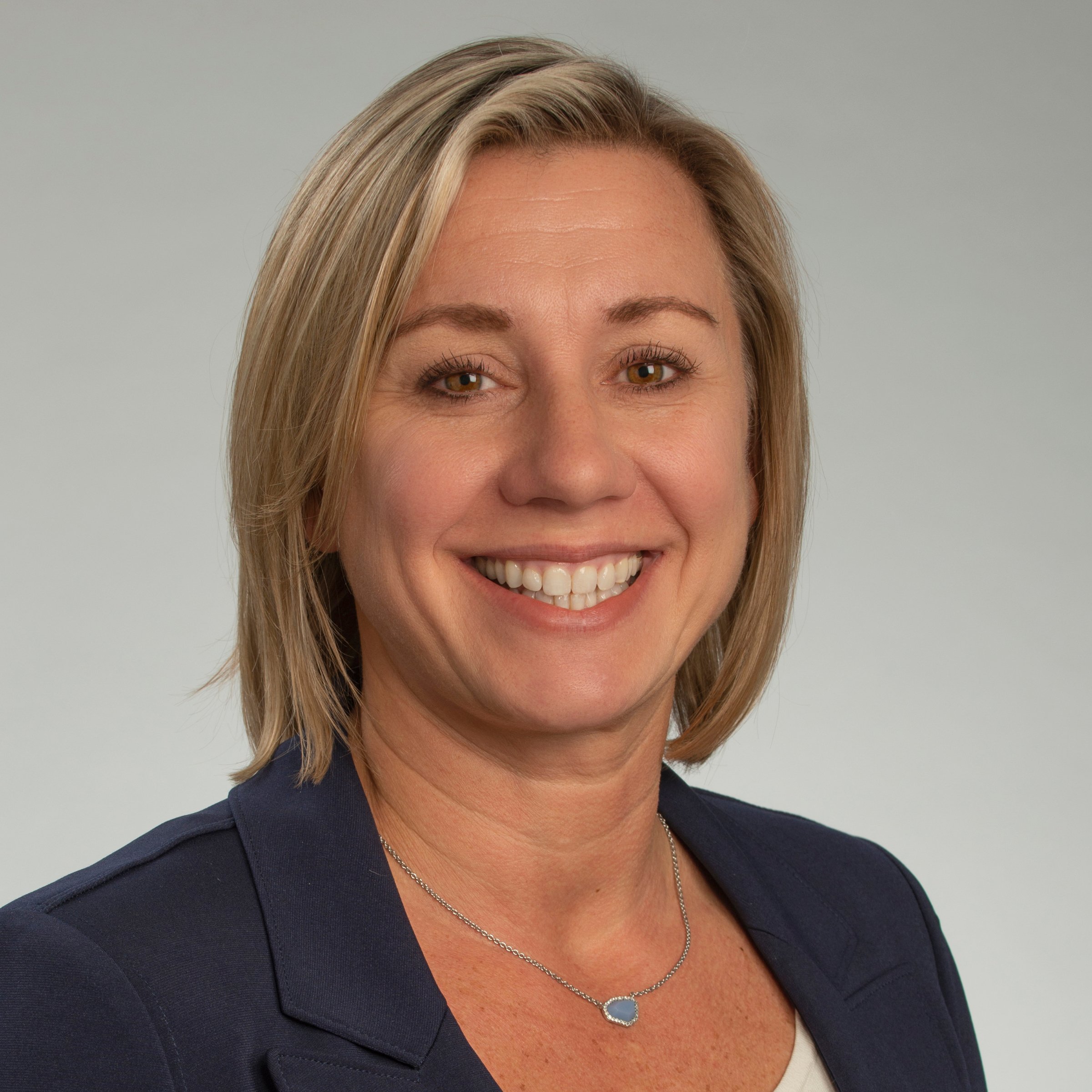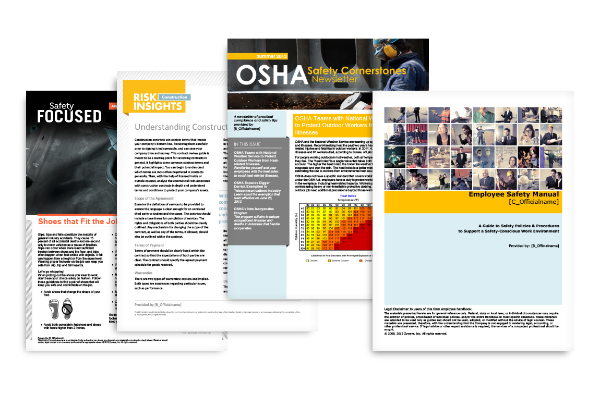Coverage limits are the max amount an insurance policy will pay out in the event of a covered loss. When we are talking about the structure of your home, we are referring to Dwelling Coverage, or Coverage A in your homeowner’s policy. In the event of a complete loss, such as if your home burns down or is hit by a tornado, you’ll want these limits to be high enough to cover the costs of rebuilding your home.
Life Insurance Basics
Life insurance is a financial product that provides financial protection to the policyholder's loved ones in the event of the policyholder's death. The policy pays a benefit, called a death benefit, to the designated beneficiary in the event of the policyholder's death.
There are several types of life insurance policies available:
- Term life insurance provides coverage for a specific period, such as 10, 20, or 30 years. The premium for a term life insurance policy is based on the policyholder's age, health, and the amount and length of coverage. If the policyholder does not die during the term, the policy will expire without any value.
- Whole life insurance, also known as permanent life insurance, provides coverage for the policyholder's entire life and includes a savings component that builds cash value over time. The premium for a whole life insurance policy is generally higher than for a term life insurance policy, but the policy does not expire, and the death benefit is guaranteed.
- Universal life insurance is a type of permanent life insurance that provides flexibility in terms of the premium and death benefit. The policyholder can adjust the premium and death benefit within certain limits, and the policy includes a savings component that earns interest.
There are many different reasons why someone might purchase life insurance. Here are a few examples of individuals who may benefit from life insurance:
- Parents: If you are a parent, you may want to purchase life insurance to provide financial protection for your children in the event of your unexpected death. Life insurance can help to cover expenses such as childcare, education, and living expenses for your children until they are financially independent.
- Spouses: If you are married, you may want to purchase life insurance to protect your spouse in the event of your unexpected death. Life insurance can help to cover expenses such as mortgage payments, living expenses, and funeral costs for your spouse.
- Business owners: If you own a business, you may want to purchase life insurance to protect your business in the event of your unexpected death. Life insurance can help to cover expenses such as the cost of finding and training a replacement, as well as any outstanding business debts.
- Single adults: If you are single and have no dependents, you may still want to consider purchasing life insurance to cover any outstanding debts or expenses that you may leave behind in the event of your unexpected death.
- Seniors: If you are a senior citizen and are no longer working, you may still want to consider purchasing life insurance to cover funeral and burial expenses, as well as any outstanding debts or expenses that you may leave behind.
Overall, life insurance can be a useful financial tool for anyone who wants to provide financial protection for their loved ones in the event of their unexpected death.
When purchasing a life insurance policy, it's important to carefully consider your needs and circumstances and those of your loved ones when determining the need for life insurance and the appropriate amount of coverage. Talk to one of our knowledgeable insurance professionals to determine the best type of policy and coverage amount for your specific situation
Request More Information
Talk to a Life Insurance Agent

Kimberley Mondus
Life and Health Benefits Manager
In the insurance business since 1989, with almost 30 years in the insurance business, Kimberley Mondus started with John Hancock Insurance in the group health department, processing medical and dental claims, where she then became a claims auditor and trainer.
John Hancock group health was then purchased by Wellpoint's Unicare Insurance in 1996 where she continued to audit claims for large companies such as Com Ed and Abbott Labs. In 2000 she moved to the agency side of the business for Group Health and Life and has been there ever since. Kimberley joined the Concklin Insurance Agency family in 2015 and would like to continue to add to her knowledge of insurance with Commercial and Personal lines coverage as well. She is licensed in Life & Health as well as Property & Casualty.
The Concklin Difference
Family Owned Small Business
We understand small business because we are one. Concklin Insurance Agency was started by Craig Concklin and his father, Tom Concklin in 1981. We continue to be a family owned, small business to this day.
Independent Insurance Agents
Concklin Insurance Agency has relationships with over 30 insurance carriers. This means we have options to make sure you have the coverage you need, at the best value - uninterrupted.
Value Added Services
We offer a wide range of value added services including our Client Resource Portal and comprehensive Training and Learning Solutions Portal.
Community Involvement
We understand the importance of community. Which is why we participate in fund raisers, and donate directly to local and national nonprofits.
Client Advocacy
As Trusted Insurance Advisors we are your advocate for all things insurance. We are here to talk about ways to mitigate your losses, provide insights into the insurance market and trends, and ,should a claim occur, we are in your corner every step of the way.
Referral Program
At the end of every quarter we donate $20 for each referral we receive. If you'd like to learn more about our referral program, or send us a referral - click here.
Talk to one of our Property & Casualty Experts

Craig Concklin
@Craig Concklin
President
See My Bio

Michael Mormando
@Michael Mormando
Agent/Producer
See My Bio

Michael O'Donnell
@Micheal O'Donnell
Agent/Producer
See My Bio



